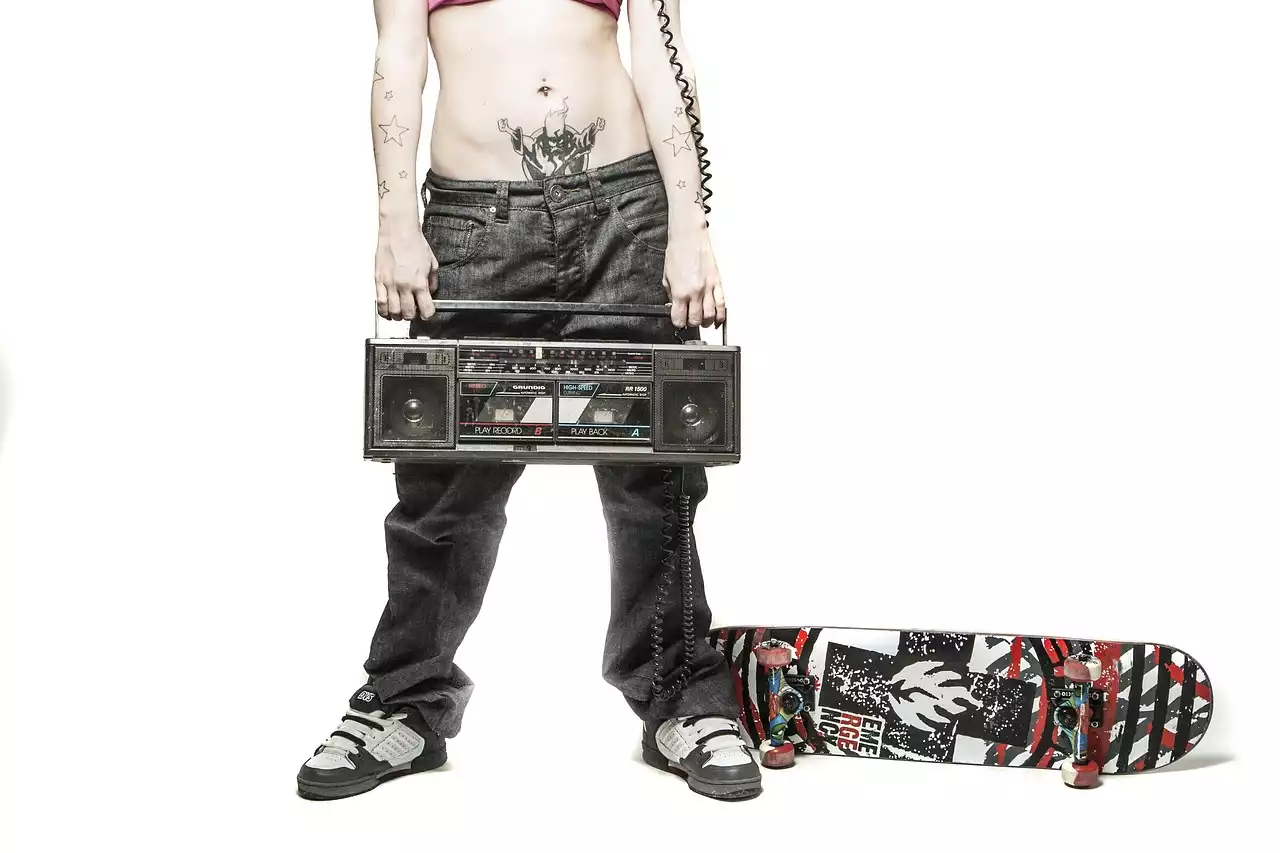The Birth of Street League Skateboarding
Street skateboarding has been around for decades, but it wasn't until 2010 that it became a full-blown professional sport. That was the year when Rob Dyrdek, a professional skateboarder and television personality, founded Street League Skateboarding. Dyrdek's vision was to create a skateboarding competition that would showcase the best skaters in the world and offer them the opportunity to compete for big cash prizes.
The first-ever Street League Skateboarding event was held on August 28, 2010, in Glendale, Arizona. The competition featured 24 of the best skaters in the world, including Ryan Sheckler, Chris Cole, and Paul Rodriguez. The skaters competed in a series of challenges that tested their skills in street skating. The competition was a huge success, and it was broadcast on ESPN2 to a worldwide audience.
The Format of Street League Skateboarding
Street League Skateboarding has a unique format that sets it apart from other skateboarding competitions. The competition is divided into four rounds, with each round featuring a different type of challenge. The first round is the "trick section," where skaters have 45 seconds to perform as many tricks as possible. The second round is the "line section," where skaters have 60 seconds to perform a series of tricks that are connected together. The third round is the "big section," where skaters have five attempts to perform a single trick on a large obstacle. The fourth and final round is the "best trick section," where skaters have five attempts to perform their most impressive trick.
The skaters are judged based on their overall performance throughout the competition, and the winner is awarded a cash prize of $150,000. The total prize money for the competition is $1 million, making it one of the most lucrative skateboarding events in the world.
The Impact of Street League Skateboarding on the Sport
Street League Skateboarding has had a significant impact on the skateboarding community. The competition has brought skateboarding to a wider audience and has helped to legitimize it as a professional sport. It has also provided a platform for up-and-coming skaters to showcase their skills and compete against the best in the world.
The success of Street League Skateboarding has also led to the rise of other professional skateboarding competitions, such as the Vans Park Series and the Dew Tour. These competitions have helped to further elevate skateboarding as a legitimate sport and have provided skaters with even more opportunities to compete and earn a living.
The Rise of Professional Skateboarding
Thanks to the success of Street League Skateboarding and other professional skateboarding competitions, skateboarding has become a viable career path for many young people. Professional skateboarders can earn a comfortable living from sponsorship deals, competition winnings, and merchandise sales.
Skateboarding has also become more diverse, with skaters from all walks of life competing at the highest level. This diversity has helped to break down stereotypes and has made skateboarding more accessible to a wider audience.
The Future of Street League Skateboarding
Street League Skateboarding shows no signs of slowing down. The competition continues to attract the best skaters in the world and is constantly evolving to keep up with the latest trends in skateboarding. The organizers of the competition are always looking for ways to make it more exciting and engaging for fans, and they are exploring new ways to incorporate technology into the competition.
One of the most exciting developments in the world of street skateboarding is the inclusion of skateboarding in the 2020 Summer Olympics in Tokyo, Japan. This will be the first time that skateboarding has been included in the Olympics, and it is a testament to the growing popularity and legitimacy of the sport.
The Controversy Surrounding Street League Skateboarding
While Street League Skateboarding has been largely successful, it has not been without controversy. Some members of the skateboarding community have criticized the competition for being too commercialized and for taking away from the grassroots nature of the sport. Others have argued that the competition is too focused on technical tricks and does not allow enough room for creativity and self-expression.
Despite these criticisms, Street League Skateboarding has continued to grow and evolve, and it remains one of the most popular and respected skateboarding competitions in the world.
Top Street League Skateboarding Athletes
Street League Skateboarding has produced some of the most talented and well-known skateboarders in the world. Here are some of the top athletes to watch out for:
- Nyjah Huston: One of the most successful competitive skateboarders of all time, Huston has won multiple Street League Skateboarding championships and has a signature shoe with Nike SB.
- Leticia Bufoni: One of the most successful female skateboarders in the world, Bufoni has won multiple X Games medals and has competed in several Street League Skateboarding events.
- Shane O'Neill: Known for his technical skills and precision, O'Neill has won multiple Street League Skateboarding championships and has a signature shoe with Nike SB.
- Chris Cole: A veteran of the sport, Cole has been competing in Street League Skateboarding since its inception and has won multiple championships.
- Paul Rodriguez: Another veteran of the sport, Rodriguez has won multiple Street League Skateboarding championships and has a signature shoe with Adidas.
How to Get Involved in Street League Skateboarding
If you're interested in getting involved in Street League Skateboarding, the best place to start is by practicing your skills and competing in local skateboarding competitions. You can also check out the official Street League Skateboarding website for information on upcoming events and how to qualify for the competition.
Another way to get involved in the sport is by volunteering at skateboarding events and helping to promote the sport in your community. By working with local skateboarding organizations and clubs, you can help to create more opportunities for young people to get involved in the sport and pursue their dreams of becoming professional skateboarders.








.png?size=50)

